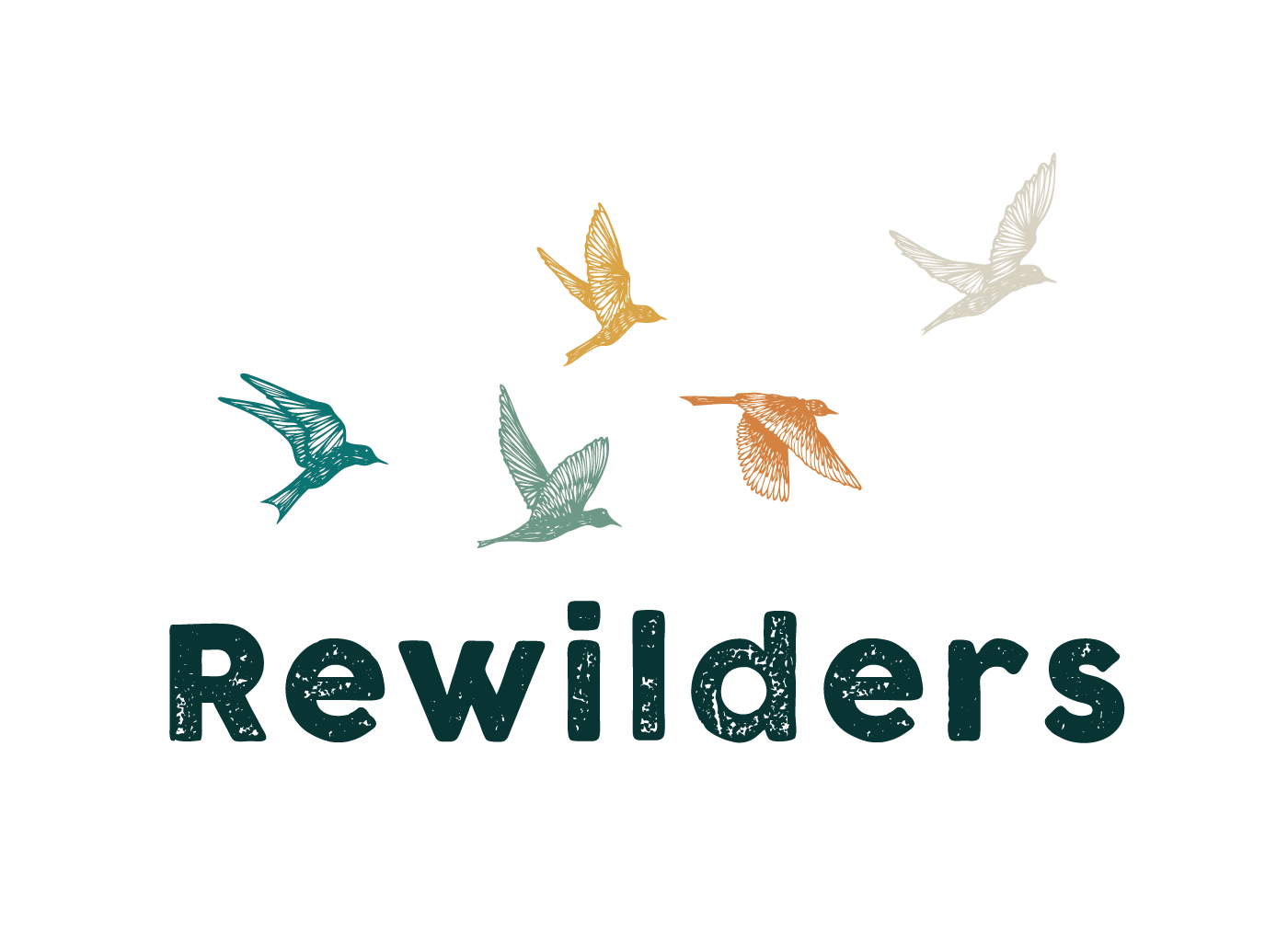Double standards.
Understanding the Fundamental Attribution Error.
Consider this scenario:
You’re interviewing someone online for a job. At the start time, you’re sat on the call, waiting for the person to arrive.
The minutes tick by. 10.01. 10.02. 10.03. 10.04.
At 10.05, a whole 5 minutes late, the candidate finally joins the call, and you can start the interview.
Question: What's your immediate impression? What do you instantly believe to be true about them?
Scenario 2.
You’ve got an important zoom meeting at 10 o'clock. You sit down at 9.55, coffee, notebook and pen ready to go. You open up Zoom, and then that fatal message pops up… ‘Update required. Please restart your computer.’
There’s no way round it. You have to update before you can join the call. By the time it’s finished, it’s 10.05, and you’re late.
Question: Whose fault is it? Is it yours, or is it just life’s circumstances?
—
We’ve all been there, on both sides of the table.
But have you ever notice the 𝘴𝘵𝘢𝘳𝘬 difference in how you explain away your own lateness, versus someone else's?
When I’m late… the traffic was bad. The kids took ages to get ready. Google maps took me a stupid way.
When you’re late… you’re unreliable. You probably didn’t leave enough time. You clearly don’t care about or have respect for other people.
Welcome to the 𝐅𝐮𝐧𝐝𝐚𝐦𝐞𝐧𝐭𝐚𝐥 𝐀𝐭𝐭𝐫𝐢𝐛𝐮𝐭𝐢𝐨𝐧 𝐄𝐫𝐫𝐨𝐫.
A cognitive bias where we attribute our own mistakes to circumstances, but others' mistakes to their character.
When I do something wrong, it's life.
When you do something wrong, it's because of who you are.
Anybody resonating with this?
—
We all do it, often subconsciously. But imagine how different our relationships might be if we extended others the same grace we give ourselves.
I’m still working on this. But here’s a few steps that I’ve found have helped…
1. Become aware of FAE.
2. Notice when I’m doing it.
3. Tell myself a different story. One that assumes positive intent. e.g. They’re not a bad person, maybe they’re just having a hard day.
4. Get curious. Try to find out what was behind their ‘error’. Most of the time, this proves my initial assumption to be a load of 💩 .
5. Get to know them. Once I have a relationship with someone, and genuinely care for them, I’m more likely to see the good in the first place.
I’d love to hear if you experience this too. Where does it show up in your life?

